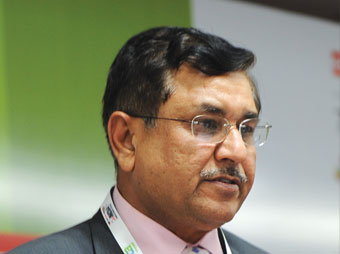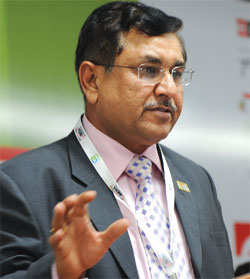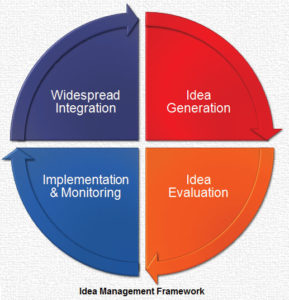
www.saicare.com
A structured approach to management and implementation of ideas can lead to realisation of the goal of making India a developed country by 2020
Navin Bhasin, CEO, Sai InfoSystem (India) Ltd

 Currently, India is at a developing stage. But the rate at which we are developing now will make us a power to envy by 2020, when 65 percent of our population would be below 35 years of age. This young India is full of ideas which need to be systematically captured, synthesized and harnessed. Our young population is our biggest resource and we have to leverage its potential in the best way possible. In order to ensure that the country realises its destiny by 2020, we need to put in place the basic infrastructure and make its best possible use.
Currently, India is at a developing stage. But the rate at which we are developing now will make us a power to envy by 2020, when 65 percent of our population would be below 35 years of age. This young India is full of ideas which need to be systematically captured, synthesized and harnessed. Our young population is our biggest resource and we have to leverage its potential in the best way possible. In order to ensure that the country realises its destiny by 2020, we need to put in place the basic infrastructure and make its best possible use.
Issues and Challenges
In order to realise objectives of Vision 2020, we need to address some key questions, few of which still remain unresolved. Key concerns that need addressing are: what is the role of ICT towards improving the quality of life for the common man; how ICT can be used for bringing about improvements in infrastructure and in the overall governance systems in the country; and, how widely and how deeply can e-Governance be integrated in the country’s framework etc.

At present, a number of gaps hamper project implementation and project performance. Lack of citizen involvement; lack of two-way communication and information sharing; lack of common systems and platforms, and preponderance of silo-type solutions etc., are some of the key impediments in the way of us realising our objectives as far as e-governance initiatives are concerned.
An Idea Management Framework
It is believed that adopting best practices from the globe is panacea for all difficulties. But the key question is: what do we do once we have an idea? How do we look at the whole framework  for idea management? Idea generation and overall framework needs to have two-way communication mechanism and engagement with the beneficiaries.
for idea management? Idea generation and overall framework needs to have two-way communication mechanism and engagement with the beneficiaries.
The idea generation phase involves mechanisms to support and encourage generation of ideas. Such a mechanism should be global in its reach and local in scope, so that global best practices can be adopted for solving local problems. It also needs to have a two-way information management mechanism, so that the idea originator gets feedback at all times. Similarly, participation of and engagement with the idea beneficiaries is a must.
The idea evaluation phase needs to be time-bound, with a well-defined mechanism for idea evaluation that can accept/reject ideas with proper feedback and reasons intimated to idea originator. The implementation and monitoring phase should make us of project management tools and techniques to ensure timely and effective implementation of ideas and periodic updation of the execution status to all stakeholders. Post implementation, initial training and modifications should also be carried out by the same entity.
Finally, for widespread integration of ideas, state and private agencies need to be roped in and tasked with overseeing the countrywide adoption of the selected ideas. A uniform and open source, multilingual platform would also ensure nationawide interest and involvement in the entire process.
The roadmap for e-Governance would be realized by 2020. It may also happen that 2020 welcomes an altogether different world in terms of technology and infrastructure. There is no limit to innovation, but a structured approach would help derive maximum benefits out of it.
Be a part of Elets Collaborative Initiatives. Join Us for Upcoming Events and explore business opportunities. Like us on Facebook , connect with us on LinkedIn and follow us on Twitter, Instagram.











